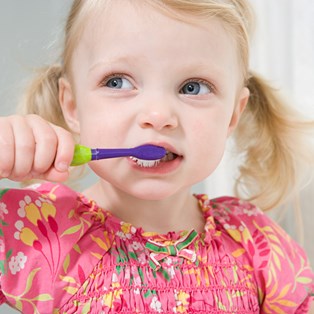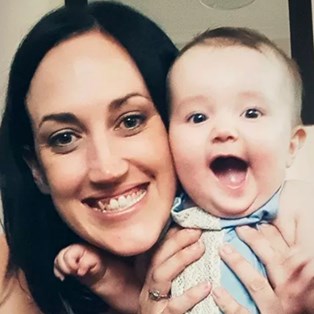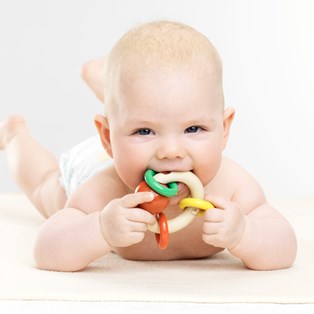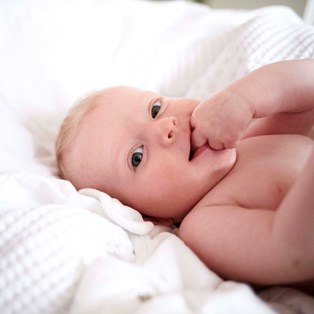Teething myths debunked
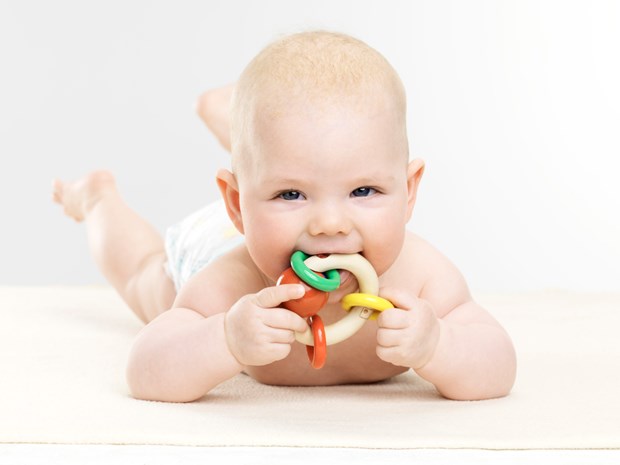
An expert's guide to your baby's first teeth
By Dr. Mandy Fletcher
April 02 2019
Teething generally starts in the lower middle jaw from around 6 to 10 months of age. In some children, teething can be a little earlier or later. The two bottom front teeth usually arrive first followed by the top two. Pain can be associated with this process and bub may be somewhat miserable. However in other cases the tooth may just arrive without much a-do.
Here are some myths about teething:
1 Teething causes diarrhoea
When your bub is teething he will dribbling a lot more and the extra saliva being produced and swallowed can make his stools a lot sloppier than usual. However diarrhoea is not a sign of teething.
2 Teething causes fevers
There is also the question whether fevers are linked to teething. Whilst low-grade fevers can be noted with teething, high-grade fevers have been shown in studies to not be directly linked to teething. High fevers and teeth occur coincidentally around the same time in the baby’s first year of life as their immune system is developing and being challenged by viruses and other infections. High-fevers in an unwell looking child should never be put down to teething - you should seek medical advice.
3 I have to give my child pain relief when teething
There are a lot of milder ways you can ease the symptoms of teething. Massaging a teething gel onto your baby’s gums can help as sometimes the massaging action alone, even without the gel, is soothing for bub. When using teething gel be sure to follow the instructions and do not exceed the recommended doses. Look for teething gels that do not contain sugar, alcohol or colourants. A chilled teething ring can also be useful, as can a cold clean face cloth for your baby to chew on. You can also try teething rusks for babies older than six months of age but keep an eye on them as they can pose choking risks if large pieces are broken off. If your baby is on solids try offer chilled purees if tolerated.
If you are worried about your child’s health, seek medical advice.
Dr. Mandy Fletcher is a dedicated paediatrician who is committed to the care and wellbeing of children of all ages. www.drmandyfletcher.com.au





